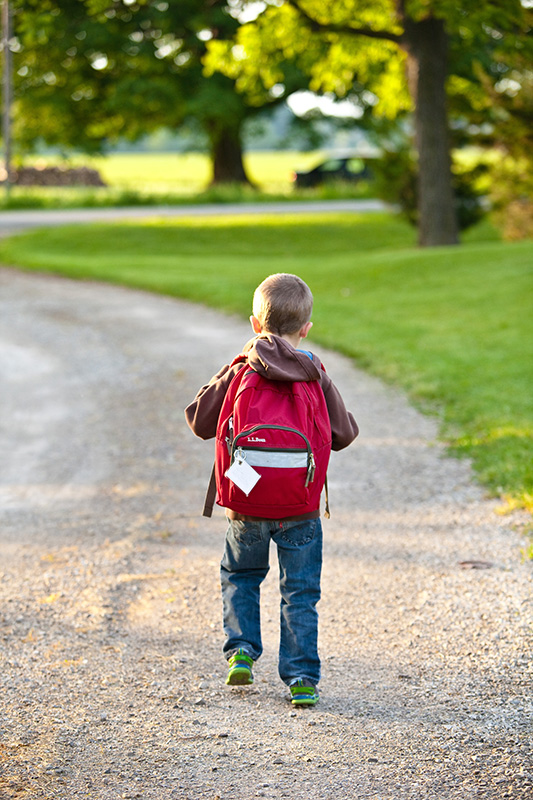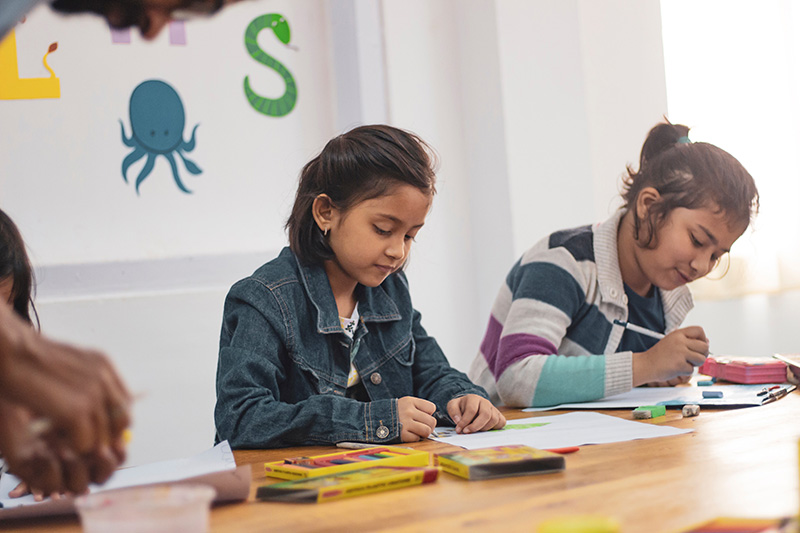Comfort
It is common for children and youth to experience grief, frustration, anger, and a lost sense of security.
- Tips for talking with and helping children and youth cope after a disaster or traumatic event
A handout listing possible reactions children and youth may exhibit or experience following an emergency event or disaster, tips to help parents, caregivers, and teachers respond in a helpful way and recommendations for how and when to seek support. - Helping children and youth cope with disasters
Children and youth react, in part, on what they see from the adults around them. When parents and caregivers respond calmly and confidently, they provide comfort, reassurance, and a sense of security for children and youth. - Helping children and youth with special healthcare needs in disasters
All children have unique needs in disasters or emergencies, but care for children during a disaster may be more complicated if they have health conditions and additional care requirements.

Communicate
Limit media exposure, and be prepared to provide information and explanations in a way that is age and developmentally appropriate.
- Helping children and youth cope with media coverage: recommendations on limiting media exposure and talking points to reassure children and other loved ones.
- Talking to and answering children's and youth’s questions about severe weather: a webpage article answering children's questions about severe weather and key points on how adults can tailor their responses.

Create a Plan
Create a family emergency preparedness plan by getting children and youth involved. Having a plan can make all the difference. Whether you’re a kid or teen yourself, a parent or loved one, or work with youth, Federal Emergency Management Agency (FEMA) Ready Kids has tools and information to help before, during, and after disasters.
Emergency Preparedness Plan Videos
Instructional videos explaining the key steps to emergency preparedness, including being informed, planning, building a kit, and getting involved.
Community
It is also essential that the adults who love and care for children and youth also reach out and connect with family, friends, and neighbors after a disaster.
Care for caregivers: Tips for families and educators
A handout encouraging adults to create a community of support and encouragement for themselves.
Nebraska specific resources
Read for Resilience
The Early Childhood team has identified children’s books accompanied by story guides support children’s coping and understanding of their feelings after experiencing a major change, disaster, loss, and grief.
Youth literature regarding flooding and other natural disaster events
App resources
Let’s Get Ready! 4+ Sesame Street App
Featuring activities, videos, tools, and more the Let’s Get Ready App helps parents and caregivers with children ages 2-5 be prepared in case of an emergency. Download Now!
Video resources
En Español
RECURSOS ESPAÑOL